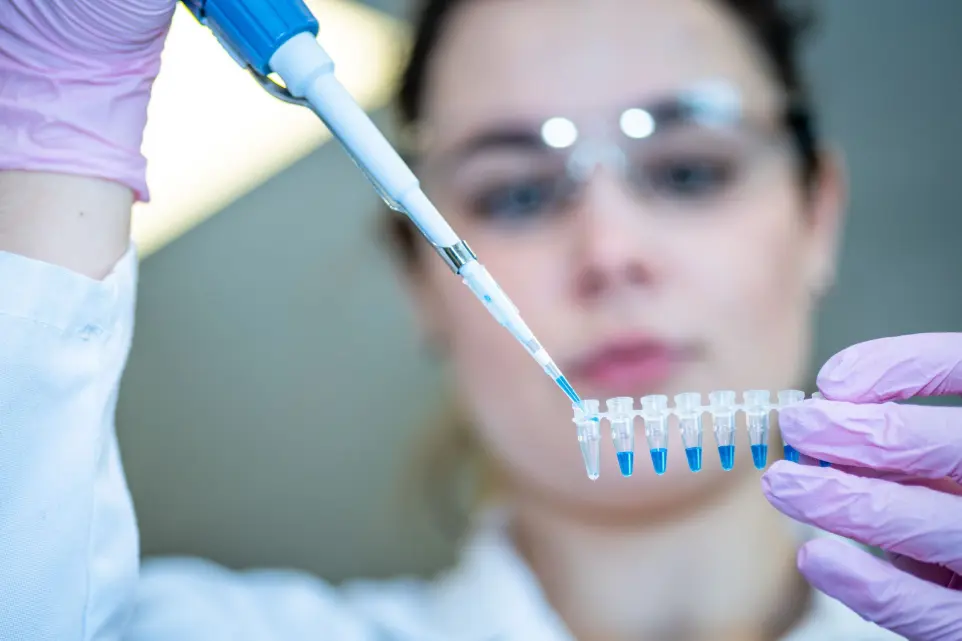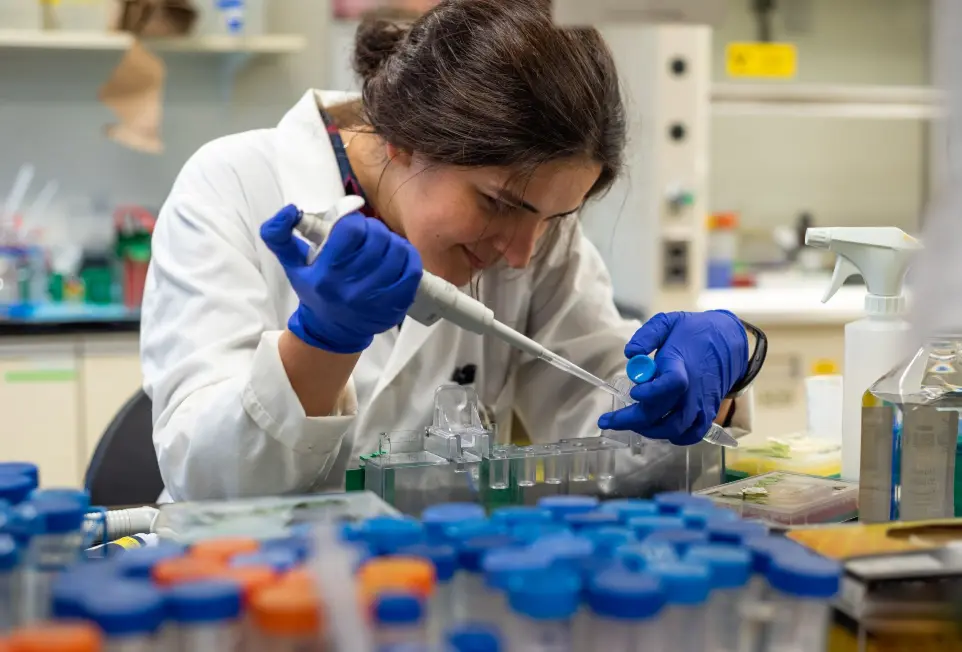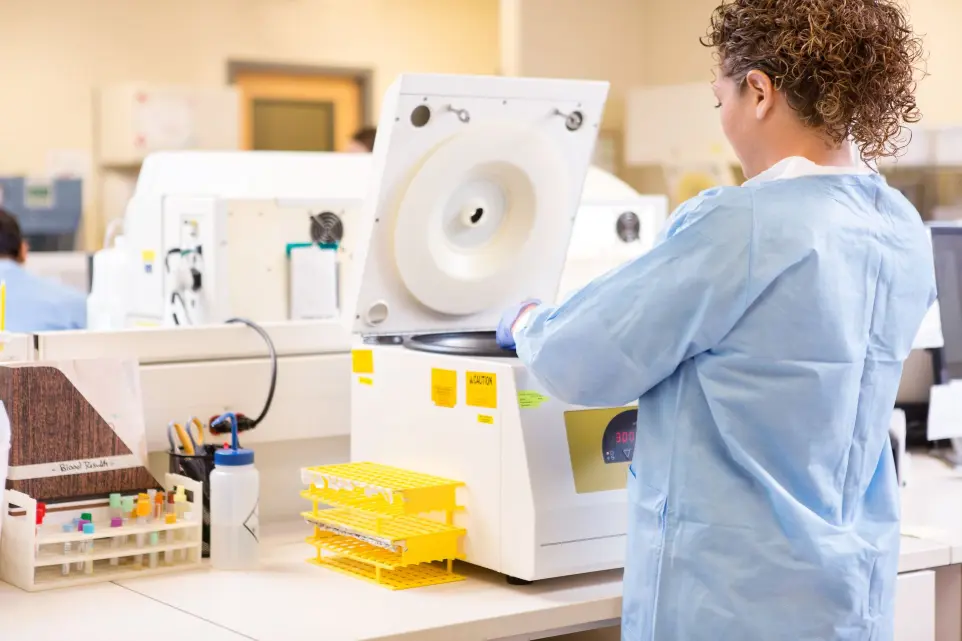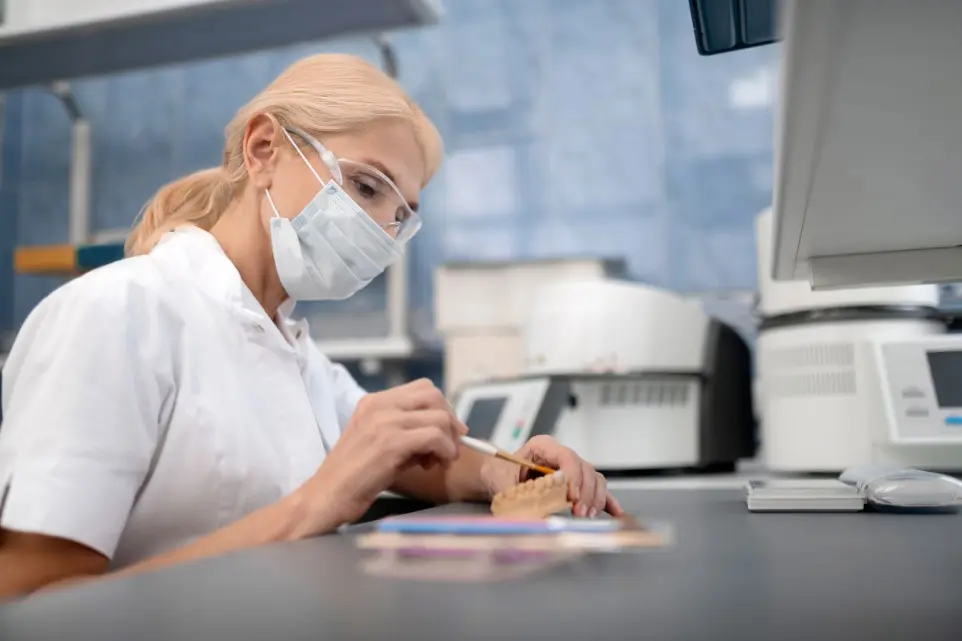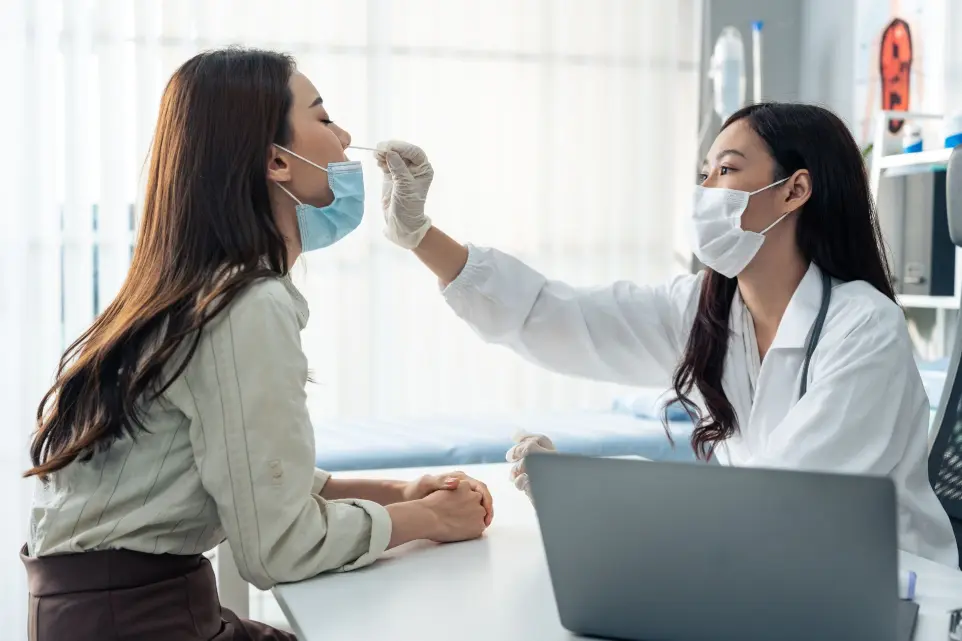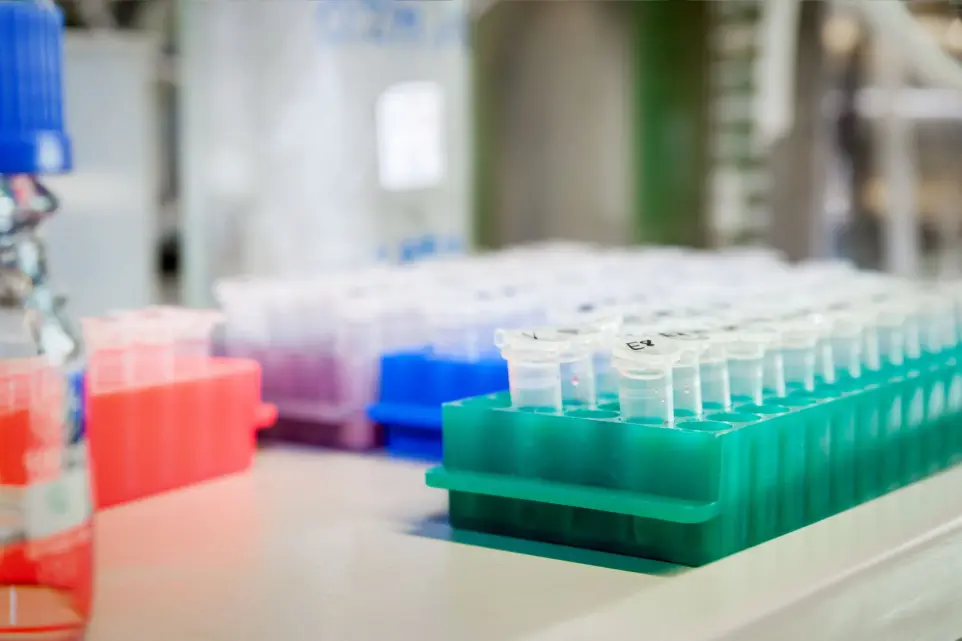Welcome to the Primary Care Rheumatology Society
The PCR was created in 1986 by a group of General Practitioners with a special interest in musculoskeletal medicine and rheumatology.
The PCR's objectives are to:
- Improve knowledge & education of musculoskeletal & rheumatology disorders in primary care
- Improve & maintain standards of care provided for patients
- Develop educational standards for providers in musculoskeletal medicine & rheumatology
- Work to build partnerships with other providers of musculoskeletal & rheumatology care
- Undertake research
The PCR is recognised as an important source of advice, education, ideas and initiatives in musculoskeletal medicine and rheumatology in primary care. The PCR works with both patient and professional groups in this field. The PCR is regularly asked to contribute to NICE guideline and technology submissions.
The Society runs an annual, friendly conference each November aimed at all GPs, including specific sessions for GP Trainees. There are also additional educational events throughout the year.

